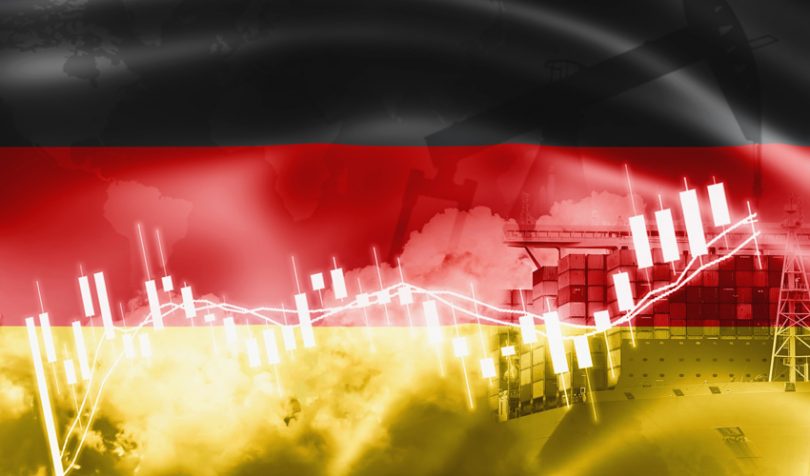On 11 August 2020, Germany’s Federal Ministry of Finance (BMF) announced its draft bill to introduce electronic securities. The law intends to do away with the requirement to have a paper stock certificate, but it will initially apply to bonds only.
Realizing that other countries already allow for the issuance of electronic securities, Germany’s financial sector is keen not to be left behind. This new legal framework aims to protect investors, as well as the integrity, functionality, and transparency of Germany’s financial markets.
Under Germany’s current legislation, securities had to be certified in a paper document. The certificate guarantees transferability under its property law, as well as protection of the buyer’s account. The BMF foresees a certificate registered on a digital ledger would be the next step, which will also ensure securities marketability.
To guarantee investor property protection rights, the bill specified that the electronic securities will be regarded as ‘things,’ just as traditional securities are.
For now, the first phase will be the issuance of electronic bonds, rather than all securities. Germany’s Federal Financial Supervisory Authority (BaFin) will be monitoring the issuance of the electronic bonds and the maintenance of the digital ledgers. This supervision will be in accordance with the bill, the German Banking Act (KWG), and other existing securities legislation.
German firms have already been involved in blockchain-based securities, with, for example, Deutsche Börse and HQLAxs digital ledger technology (DLT) solution going live late last year. Their solution enables efficient lending of securities by recording the transfer of assets or collateral swaps through a digital collateral registry. Commerzbank, Credit Suisse, and UBS were the first to execute transactions.
This move came after withdrawing from a project with Swisscom to create a Swiss digital asset exchange. Instead, Deutsche Börse intends to support similar initiatives in Germany and other European countries. One of the reasons given to Ledger Insights was “the expected introduction of dematerialized / digital securities” in Germany, which has now emerged in the draft bill.
This bill comes after a consultation between the BMF and the Federal Ministry of Justice and Consumer Protection (BMJV) in March 2019.
The consultation paper and this newest draft bill is seen as a move towards supporting security token offerings. This will allow smaller companies to issue tradeable stock, but may also empower larger companies, including stock exchanges, to follow suit.
The bill specifies that the principles of technology neutrality and proportionality must be taken into account and that no preferential treatment should be given to electronic securities over traditionally issued securities.
The draft law will not only strengthen Germany as a financial powerhouse but also serves as a complement to endeavors to regulate crypto assets at an EU level. The BMF has requested Germany’s collective states for comments on the draft, to be completed by 14 September 2020.






